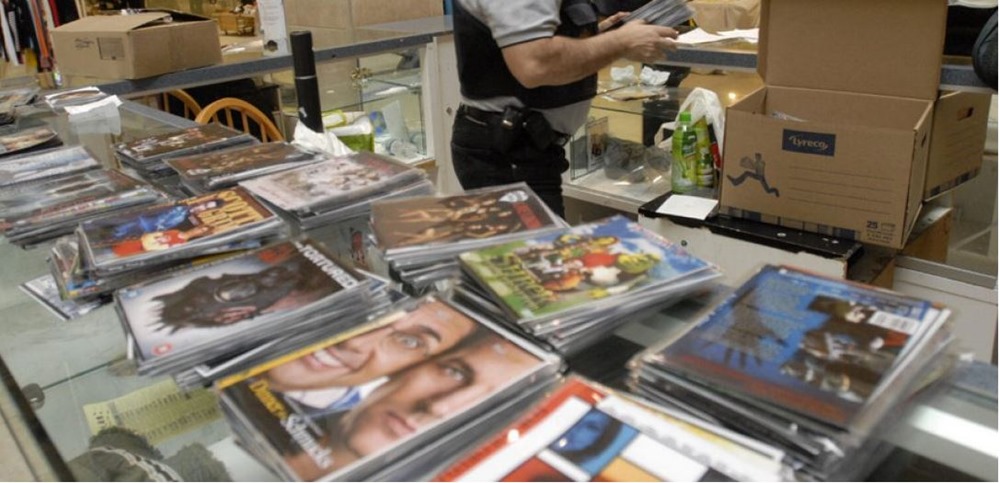Watching Pirated Movies Is NOT A Crime, Distribution is, Clarifies Bombay HC

If you are a cinema lover and heavy user of torrents, then there is good news for you: Watching pirated content is not a crime.
In an interesting ruling, Bombay High Court has clarified that the mere act of watching a pirated movie is not criminal, however, selling or showing a pirated movie is a crime, as per the Indian Copyright Laws.
While hearing a petition, Justice Gautam Patel from Bombay HC said, “The offence is not in viewing, but in making a prejudicial distribution, a public exhibition or letting for sale or hire without appropriate permission copyright-protected material,”
The petition was filed last last month, when there was a huge uproar over the warnings displayed by Internet Service Providers, especially Tata Communication, when an Internet user attempted to open a torrent website, or any website which is banned as per Govt. orders, which included porn sites as well.
As we reported last month, a stern warning greeted such users,:” Viewing, downloading, exhibiting or duplicating an illicit copy of the contents under this URL is punishable as an offence under the laws of India..”
The warning also mentioned a fine of Rs 3,00,000 and/or jail imprisonment upto 3 years for accessing such content. Social media was in uproar then, as heavy torrent users were rattled with such warning.
However, the Bombay HC has now clarified the issue to larger extent, as they have now instructed the ISPs to remove this warning: “‘viewing, downloading, exhibiting or duplicating’ a particular film is a penal offence” and ordered them to showcase a more ‘generic’ warning for accessing such banned websites.
But What Triggered This Confusion?
First of all, Indian Copyright Act 1957 was clearly misinterpreted by the concerned ISPs, while showcasing the warning. No doubt the ancient law is ambiguous and full of loopholes in its workings, and this vulnerability was exploited by the ISPs while warning it’s users from accessing such content.
The other reason was purely technical, and a bit humorous as well.
In an age when we are speaking about 100 Mbps+ speed on mobile internet, and terabytes of internal storage of tiny laptops, representatives of ISPs have claimed that due to less space in the firewall, a small warning was displayed, which created all this confusion.
As per the logic provided by ISPs in the Bombay HC, ISPs use firewall which has an size limitations, which forces them to showcase a smaller warnings.
Justice Patel said, “Omprakash Dharmani from Tata Communications is present in court. He says the firewall being used by Tata Communications and almost all other ISPs has an inbuilt software limitation: it does not allow the display of a file in excess of 32 kb. This is an absurdly small size,”
Thus, as per the ruling, ISPs have now been asked to showcase bigger warnings for avoiding such goofups; and also provide email address of a nodal officer, so that complaints related to copyright infringement can be addressed quickly.
As per Justice Patel, the following warning should be now displayed: “Infringing or abetting infringement of copyright-protected content including under this URL is an offence in law. Sections 63, 63-A, 65 and 65-A of the Copyright Act, 1957, read with Section 51, prescribe penalties of a prison term of up to 3 years and a fine of up to Rs 3 lakh.”
Besides Tata Communication, this order about error messages holds true for all ISPs in India, including state run BSNL.

How does this announcement give torrent users an open leash? If you download a torrent you will inevitably share at least some portion of the downloaded file with other users. Doesn’t this make the torrent downloader culpable under the “distribution is a crime” clause.